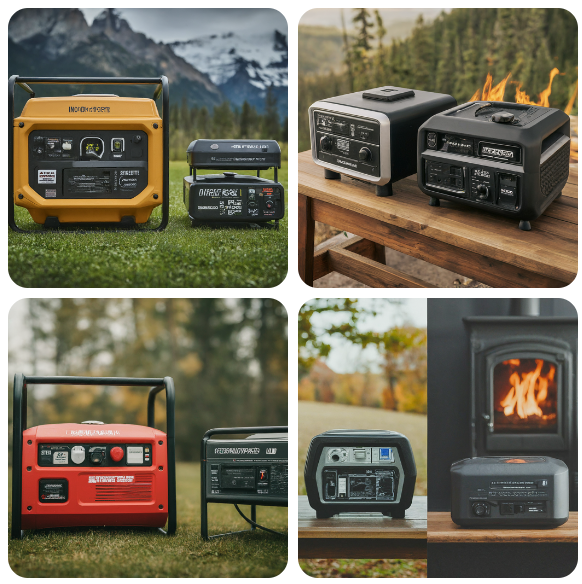
In today’s world, where power needs are as diverse as they are demanding, the choice between an inverter generator and a traditional generator is more relevant than ever. Whether you’re planning a camping trip, preparing for emergency power needs, or seeking a sustainable power source, understanding the differences between these two types of generators is crucial.
Understanding the Technical Differences
At the heart of the debate between inverter generators and traditional generators lies their operational technology.
Conventional generator:
Inverter generator:
On the other hand, An inverter generator is a type of generator that uses a different mechanism to produce electricity compared to traditional generators. It first generates alternating current (AC), converts it to direct current (DC), and then back to AC.
This process allows the generator to adjust the electrical output to precisely match the demand, improving efficiency and reducing noise. Inverter generators run on various fuels, including gasoline, diesel, and propane, and are favored for their portability, fuel efficiency, and ability to safely power sensitive electronic devices.
Solar Generator:
Solar generators do not run on traditional fuels like gasoline, diesel, or propane. Instead, they convert sunlight into electrical energy using photovoltaic (solar) panels. This electricity is then stored in batteries and can be used to power various devices and appliances.
Solar generators are environmentally friendly, operate quietly, and have no emissions, making them suitable for a wide range of applications, including outdoor activities, backup power, and off-grid living.
Comparing Efficiency and Environmental Impact
Inverter generators stand out for their efficiency and environmental friendliness. Their ability to adjust power output to the demand not only conserves fuel but also minimizes emissions. This efficiency is a stark contrast to the relatively constant fuel consumption rate of traditional generators, regardless of the load.
Moreover, the advent of solar-powered inverter generators has introduced a clean, renewable option into the mix, offering an eco-friendly alternative that is particularly appealing for off-grid living and reducing carbon footprints.
Portability, Noise, and Usability Considerations
When it comes to portability and noise level, inverter generators again take the lead. Their compact design and lighter weight make them ideal for camping, RV use, and any situation where space and ease of transport are considerations. Furthermore, the lower noise level of inverter generators enhances their usability in residential areas and any environment where noise is a concern.
Their refined power output also makes inverter generators a better choice for powering sensitive electronics, such as laptops, smartphones, and medical devices, without the risk of damage from power fluctuations.
Here’s a comparative table outlining the pros and cons of conventional generators versus inverter generators:
| Feature | Conventional Generators | Inverter Generators |
|---|---|---|
| Power Output | High power output, suitable for heavy-duty applications. | Lower power output compared to conventional, but suitable for most consumer electronics. |
| Portability | Generally larger and heavier, making them less portable. | Compact and lightweight, making them more portable. |
| Fuel Efficiency | Less fuel-efficient due to running at a constant speed, regardless of the load. | More fuel-efficient as they adjust the engine speed to the load, saving fuel. |
| Noise Level | Tend to be louder, which may be an issue in residential areas or camping. | Operate more quietly, suitable for camping, RV use, and residential areas. |
| Cost | Usually less expensive upfront. | Typically more expensive upfront due to advanced technology. |
| Power Quality | Power can fluctuate, which might not be ideal for sensitive electronics. | Produces cleaner, more stable power, safer for sensitive electronics. |
| Emissions | Higher emissions due to less efficient fuel consumption. | Lower emissions, making them more environmentally friendly. |
| Maintenance | Maintenance needs may vary, but generally straightforward. | May require less frequent maintenance due to more efficient operation. |
| Runtime | Longer runtime on larger fuel tanks, suitable for prolonged use without refueling. | Shorter runtime compared to conventional generators, but sufficient for most needs. |
| Versatility | Can power a wide range of appliances, including high-demand tools and appliances. | Best suited for smaller appliances, electronics, and sensitive devices. |
This table highlights the key differences between conventional and inverter generators, helping you decide which is best suited for your specific power needs.
Best inverter generators across different categories based on the latest reviews:
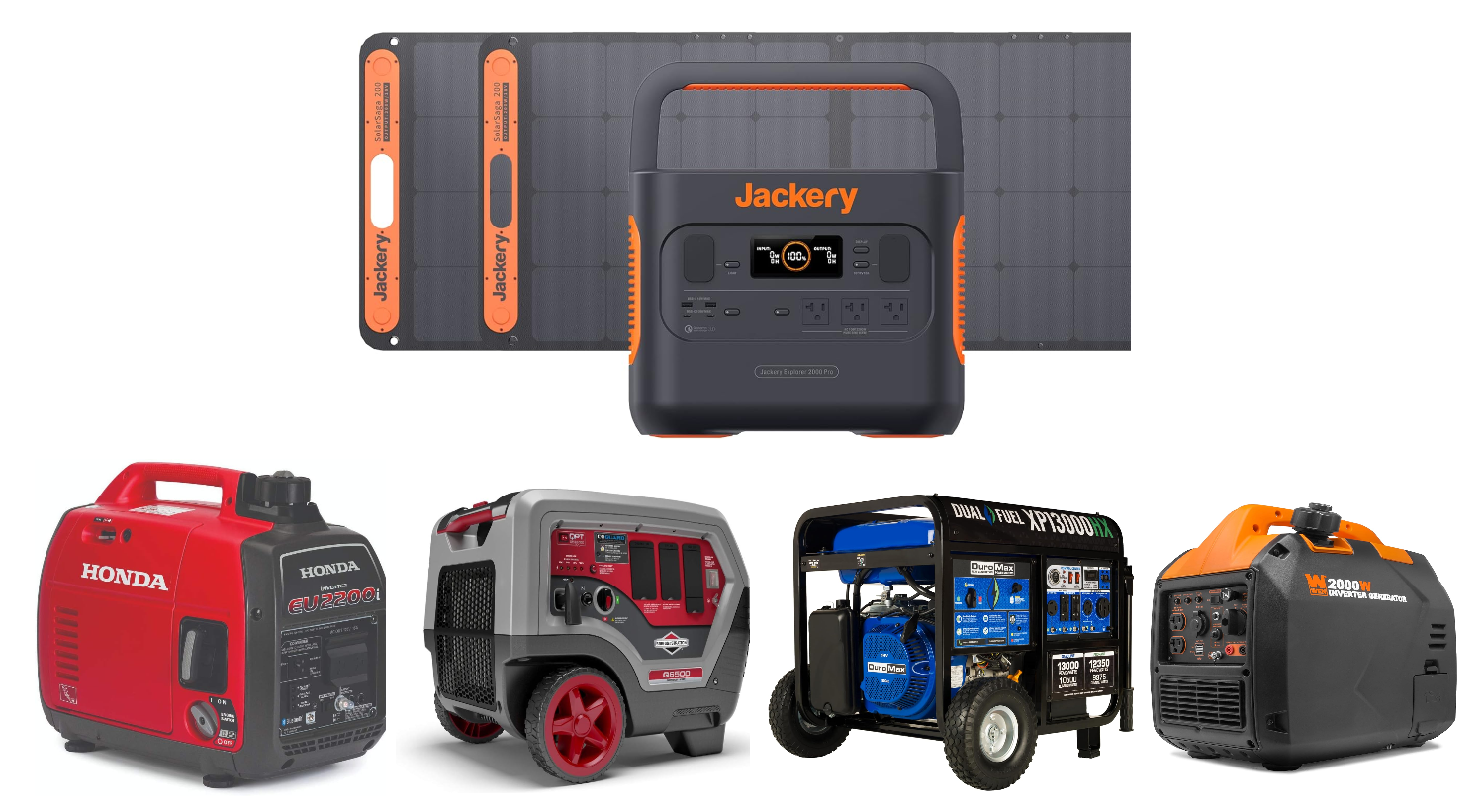
| Category | Model | Key Features | Source |
|---|---|---|---|
| Best Overall | Jackery Solar Generator 2000 PRO | Fast charging, silent, renewable, portable | Amazon $2,999 |
| Best for RVs | Honda EU2200i | Outstanding portability and reliability, solid power output, quiet | Amazon $1,079 |
| Best for Home Backup | Briggs & Stratton Q6500 QuietPower Series | Solid output, quiet, easy to move and store, power usage meter | Amazon $1,199 |
| Best Dual-Fuel | DuroMax XP13000HX | Dual-fuel versatility, massive power output, solid construction | Amazon $1,599 |
| Best Budget | WEN 56203i Super Quiet | Rock-bottom price, quiet, great runtime, super portable | Amazon $429.99 |
Each model is recognized for its exceptional features in its respective category, offering a range of options depending on your power needs, whether it be for general use, RV travel, home backup, versatility in fuel type, or budget constraints. Please Note: Prices may vary…
Conclusion
Choosing between an inverter generator and a traditional generator boils down to assessing your specific power needs, environmental priorities, and portability requirements. Inverter generators offer efficiency, reduced environmental impact, and quieter operation, making them suitable for a wide range of applications, from outdoor activities to emergency home power.
Traditional generators, while often providing higher power output, lack the flexibility and eco-friendliness that modern power users increasingly seek.
In making an informed decision, consider not only the immediate cost but also the long-term benefits of reduced fuel consumption, lower emissions, and the peace of mind that comes with reliable, clean power.
Whether you lean towards the cutting-edge technology of inverter generators or the robust power of traditional generators, understanding these key differences will ensure you choose the best option for your power needs.
For a deeper look into most of these generators please check out
“Your Comprehensive Guide to Choosing the Right Model“
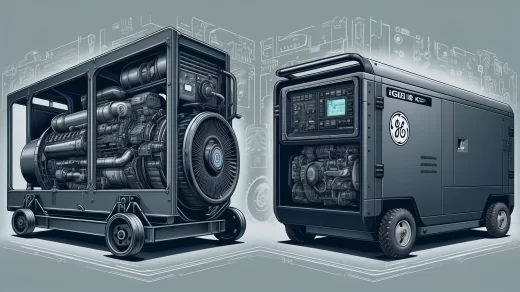
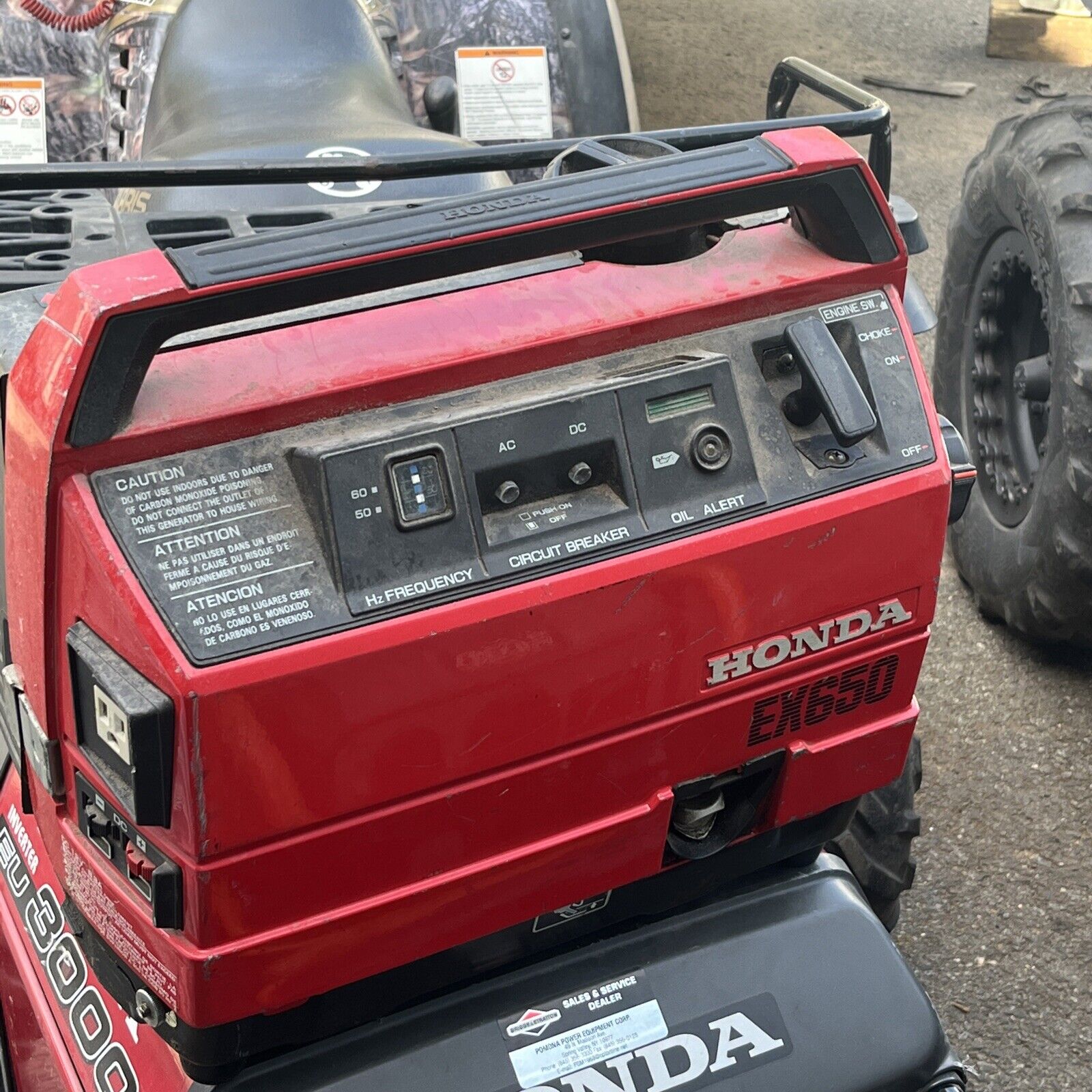
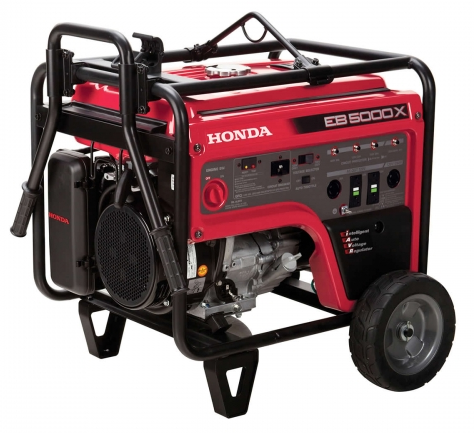



1 Response
[…] Efficiency, Portability, and Eco-friendliness: Navigating the Choice Between Inverter and Traditiona… […]